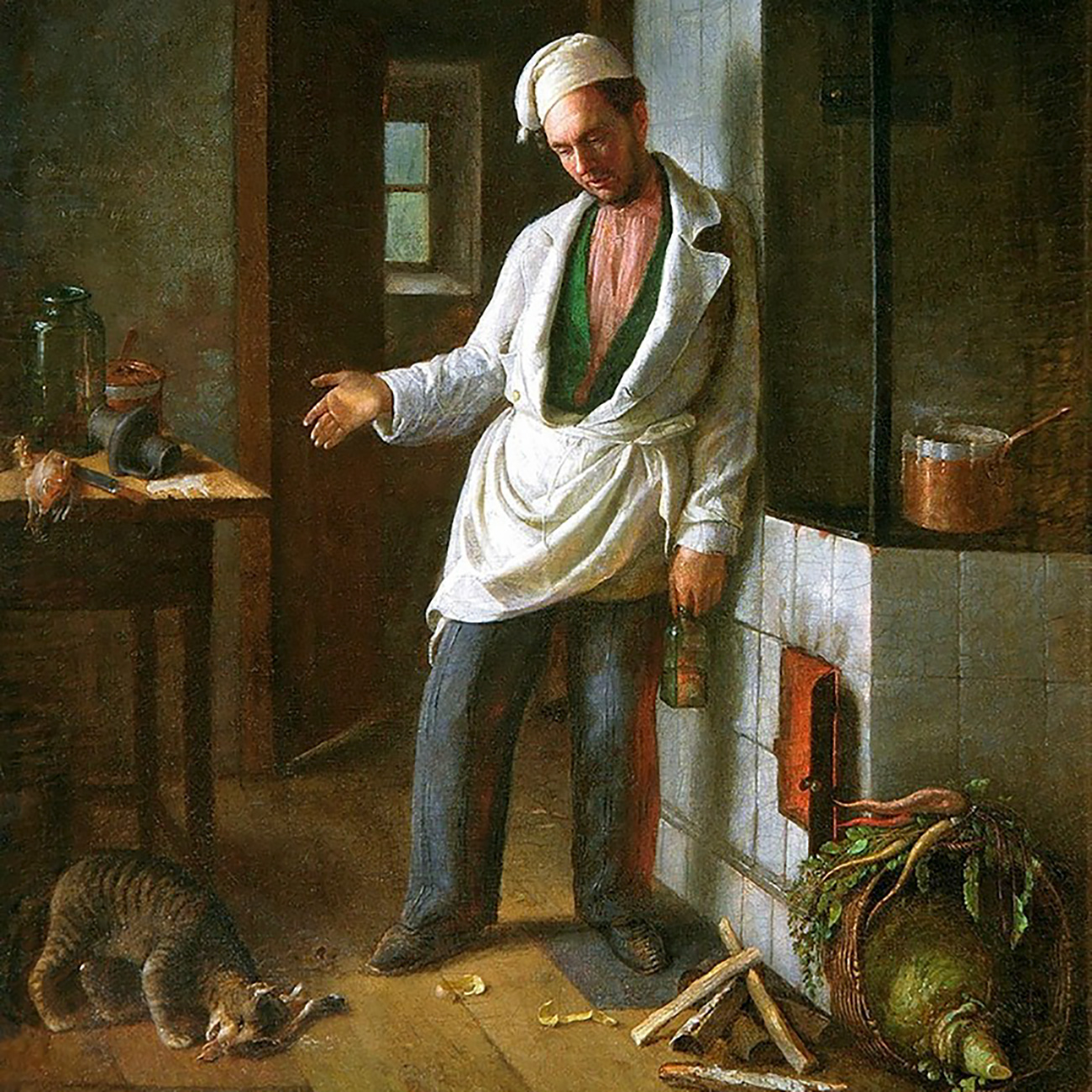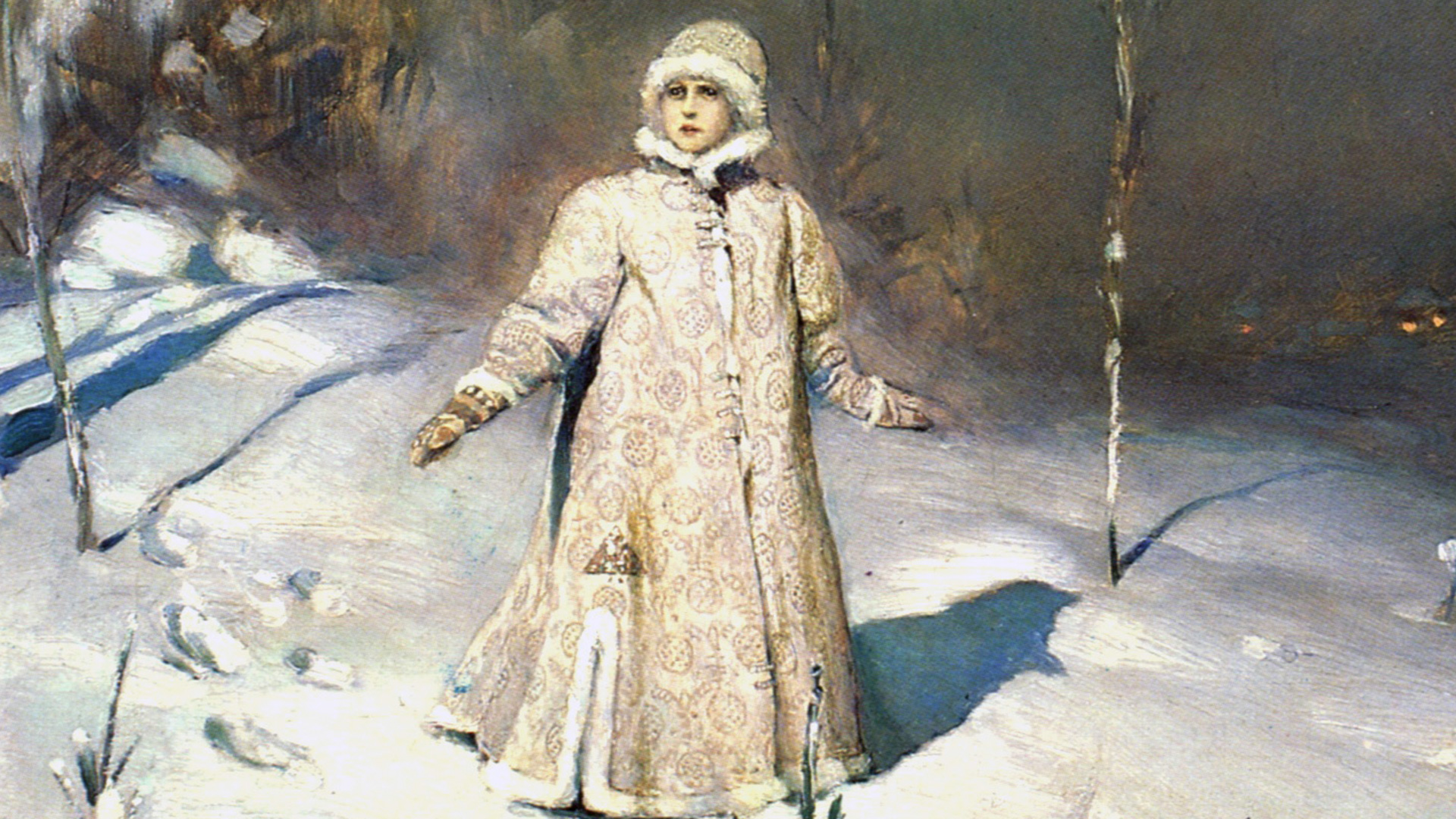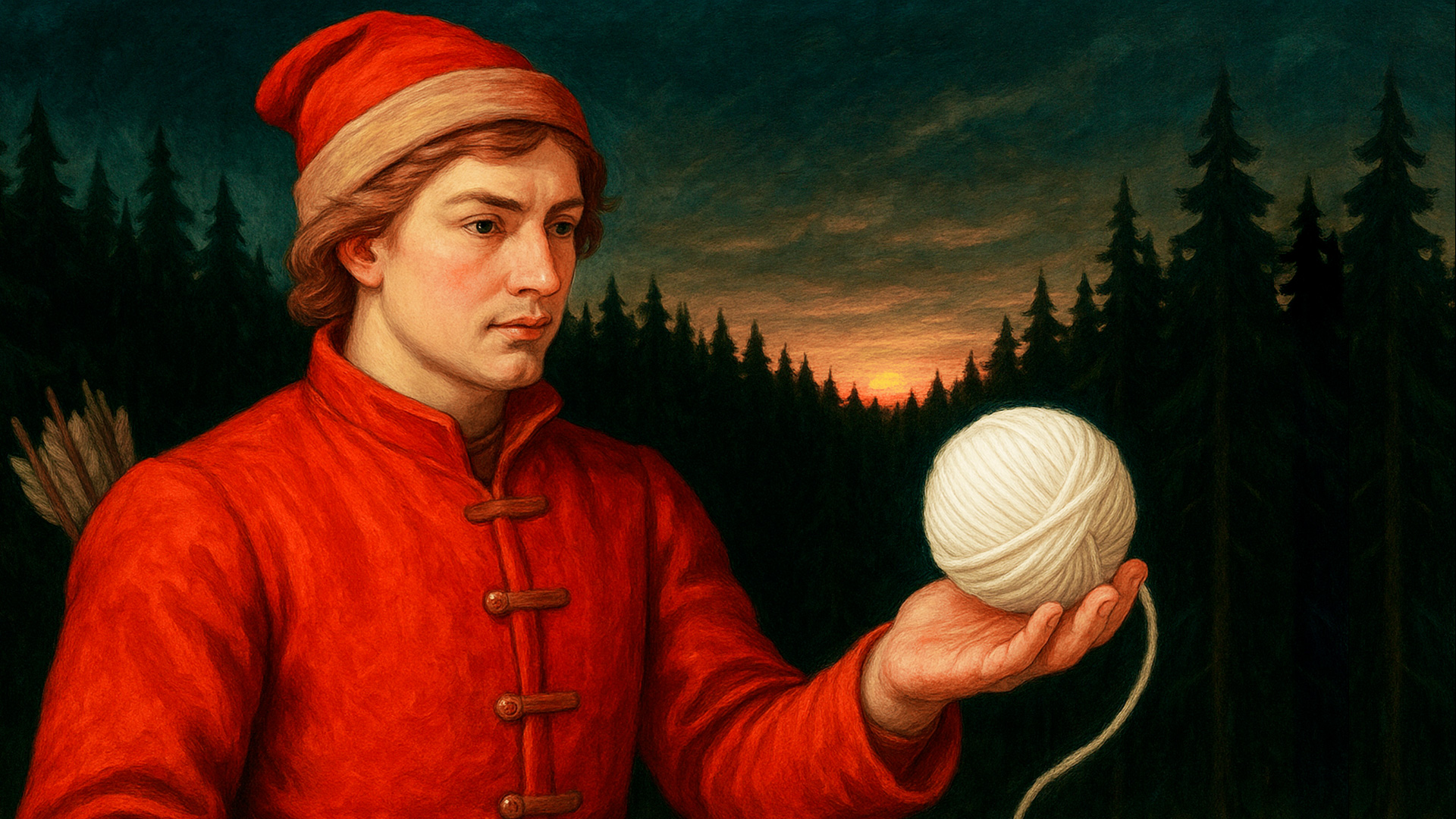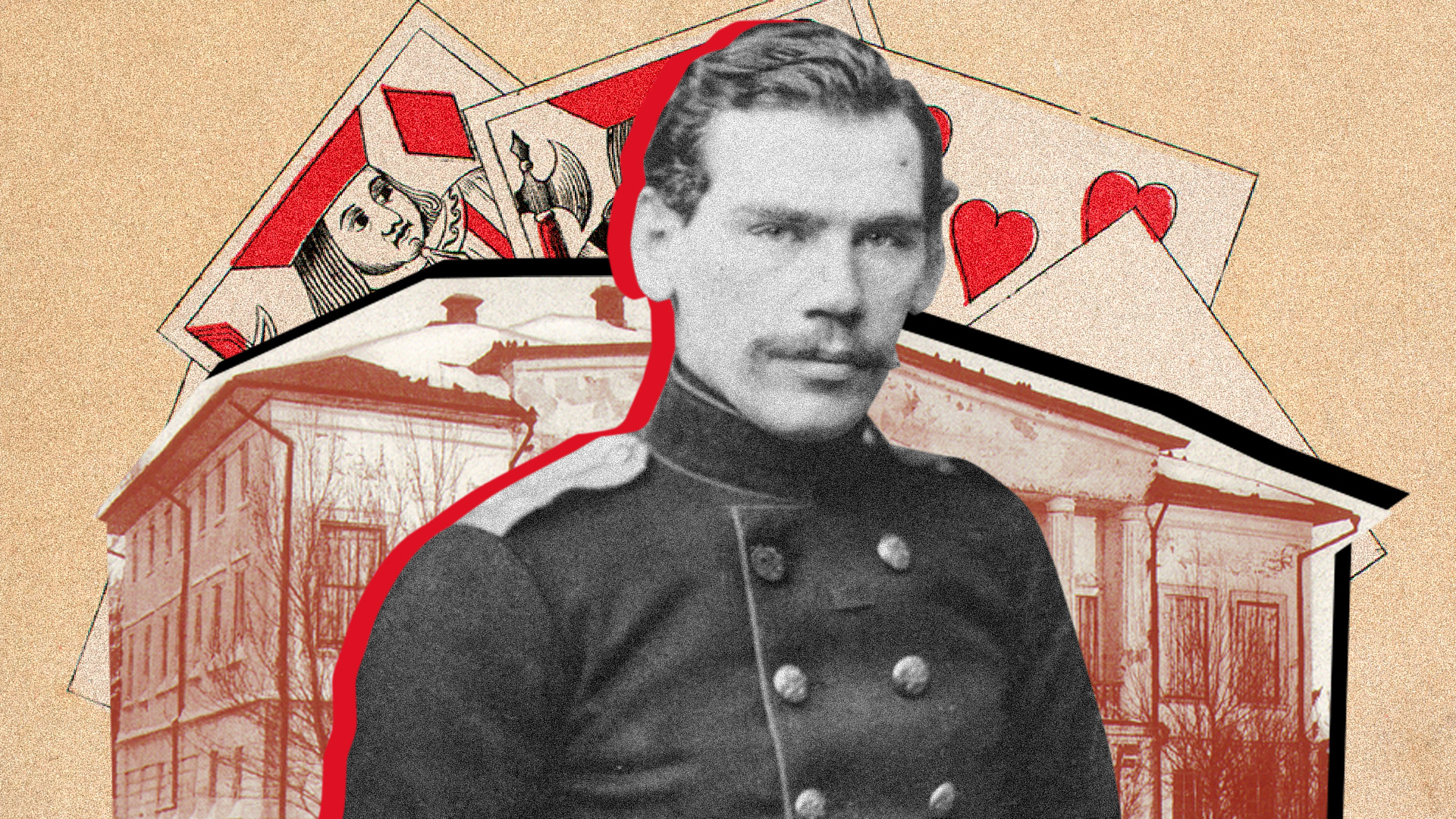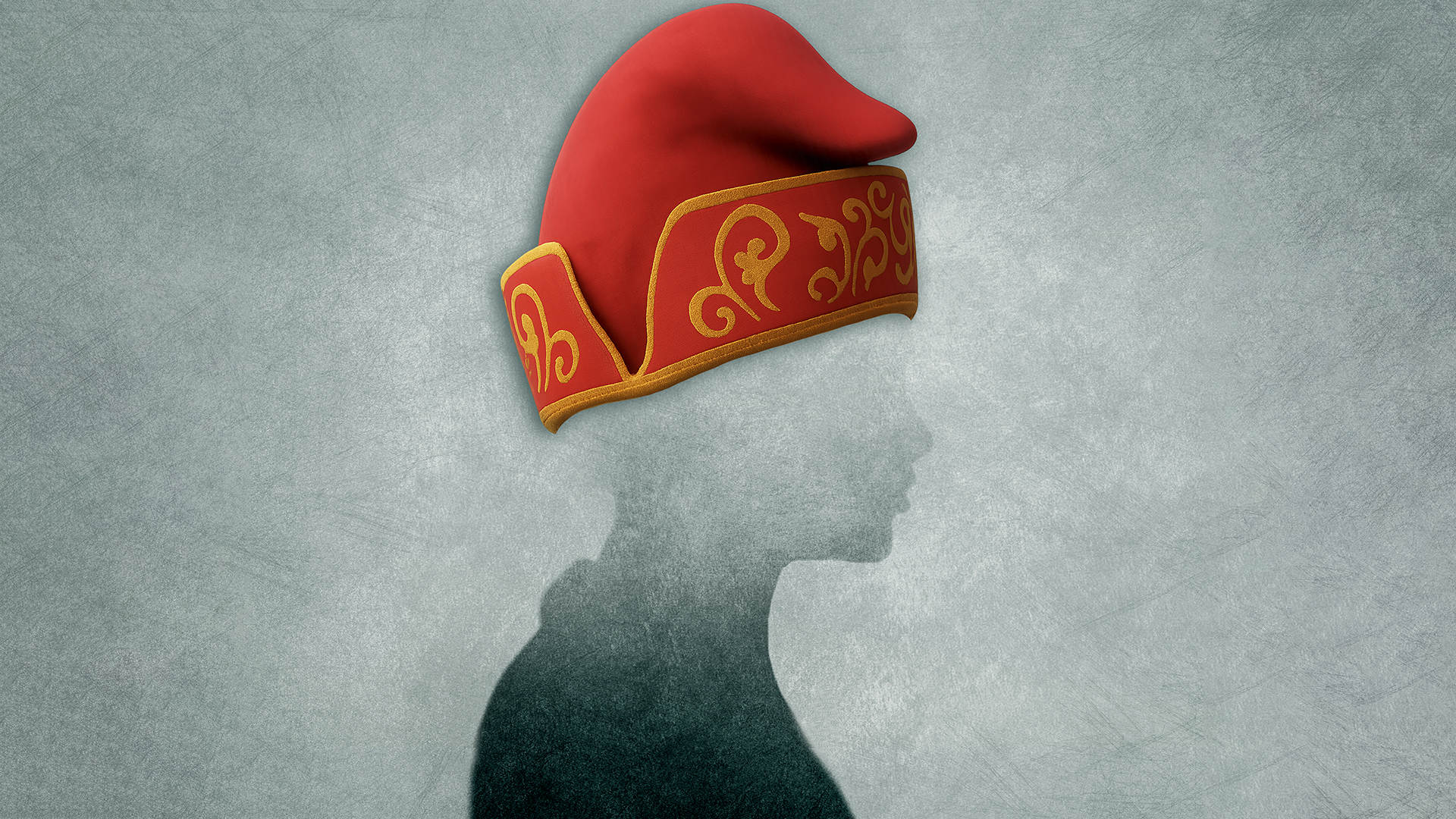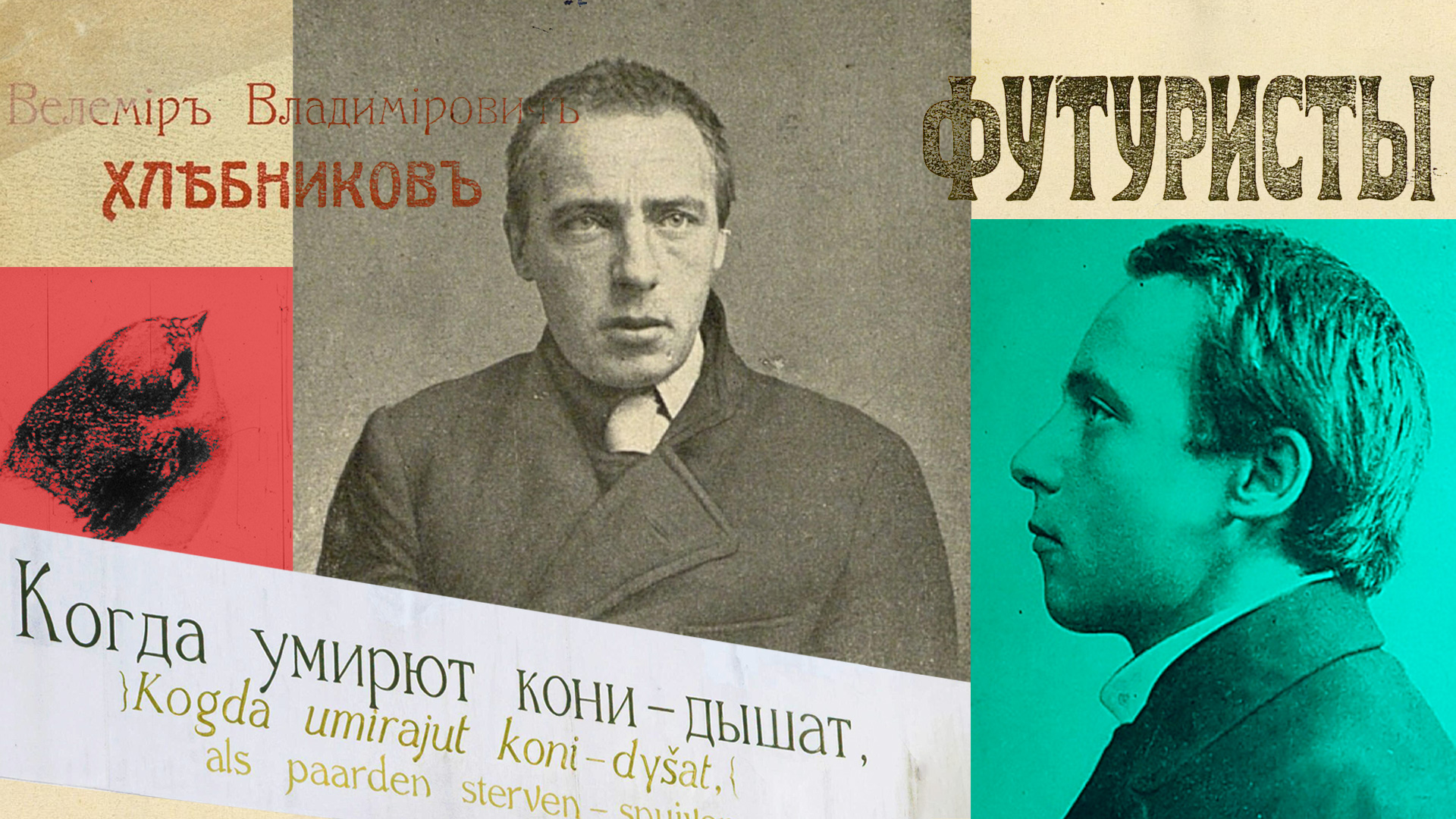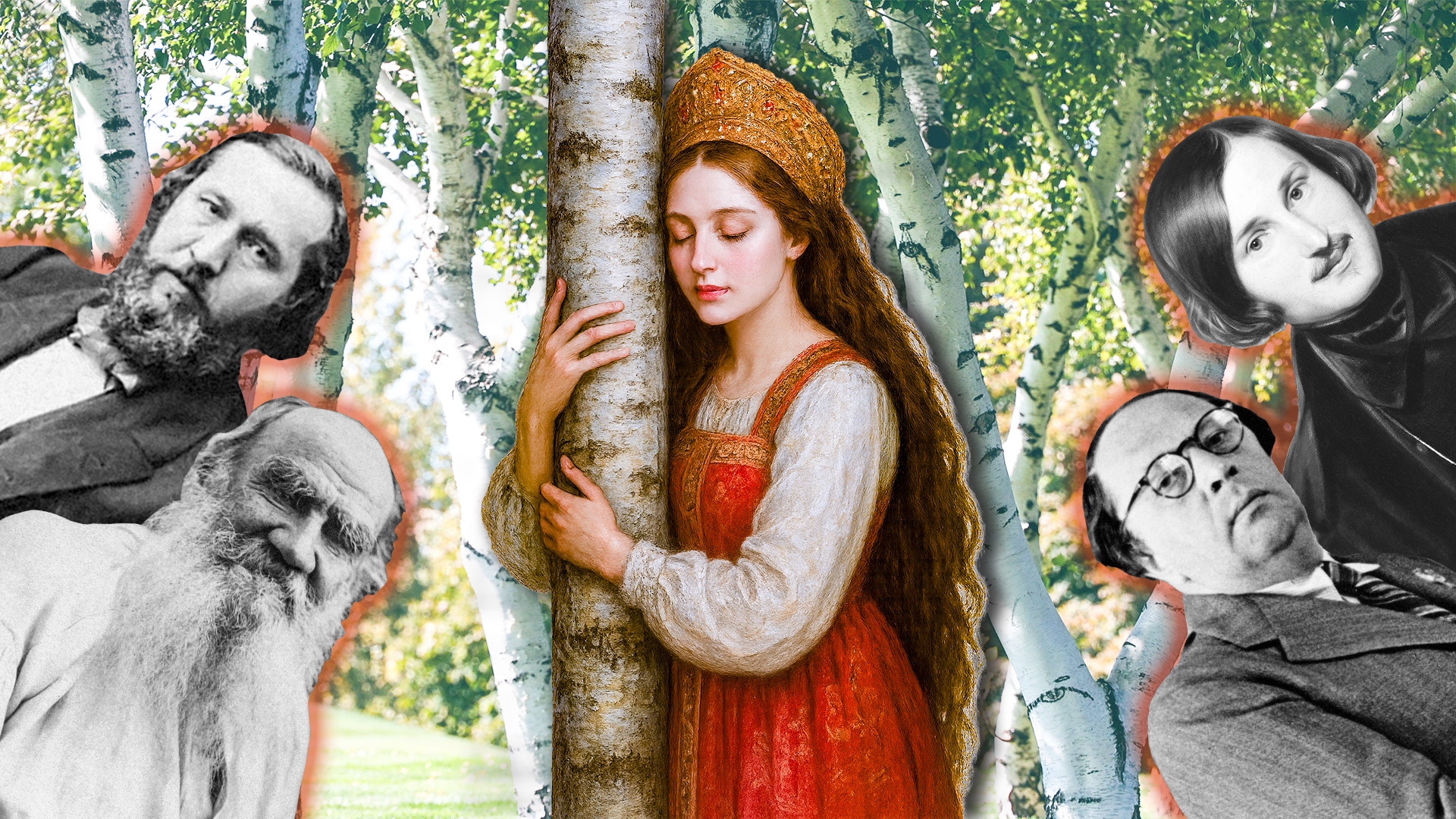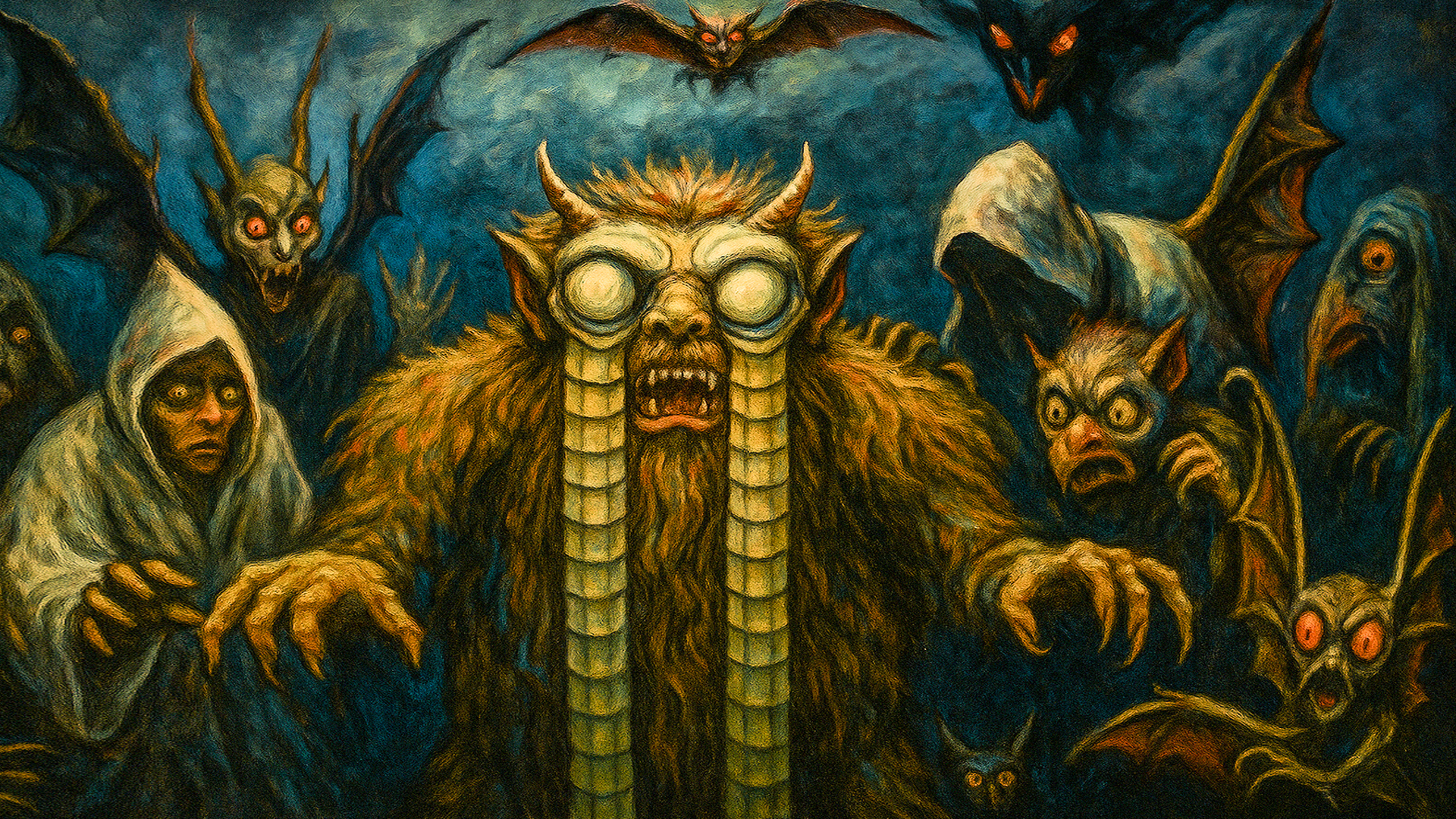
5 most QUOTED works of Russian literature
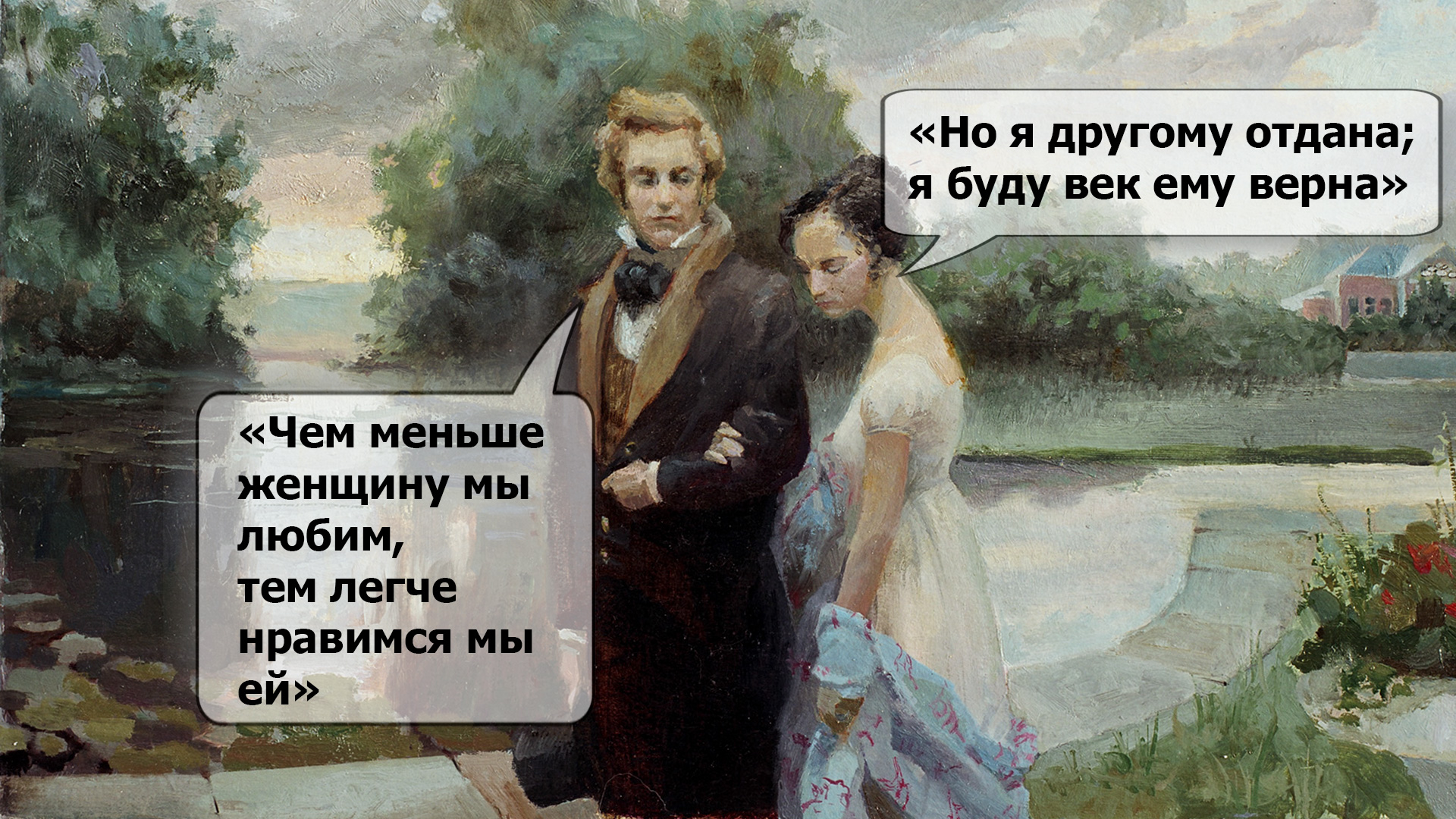
Alexander Griboyedov, ‘Woe from Wit’
This is a comedy about the aristocratic Moscow society of the first half of the 19th century. A young man returns to Moscow after a long absence and says nasty things to everyone's face. As a result, he is declared crazy.
"Happy people do not watch the clock." – This is said about those for whom time flies unnoticed.
"Mind and heart are not in tune." – This is quoted when talking about those whose emotional and intellectual spheres are in conflict.
"I would be glad to serve, but it's sickening to grovel." – This phrase is directed at those who tend to ignore corporate ethics.
"And who are the judges?" – This hints at the tarnished reputation of those who tend to pass judgment.
"And the smoke of the Fatherland is sweet and pleasant to us!" – This is about love for the Motherland.
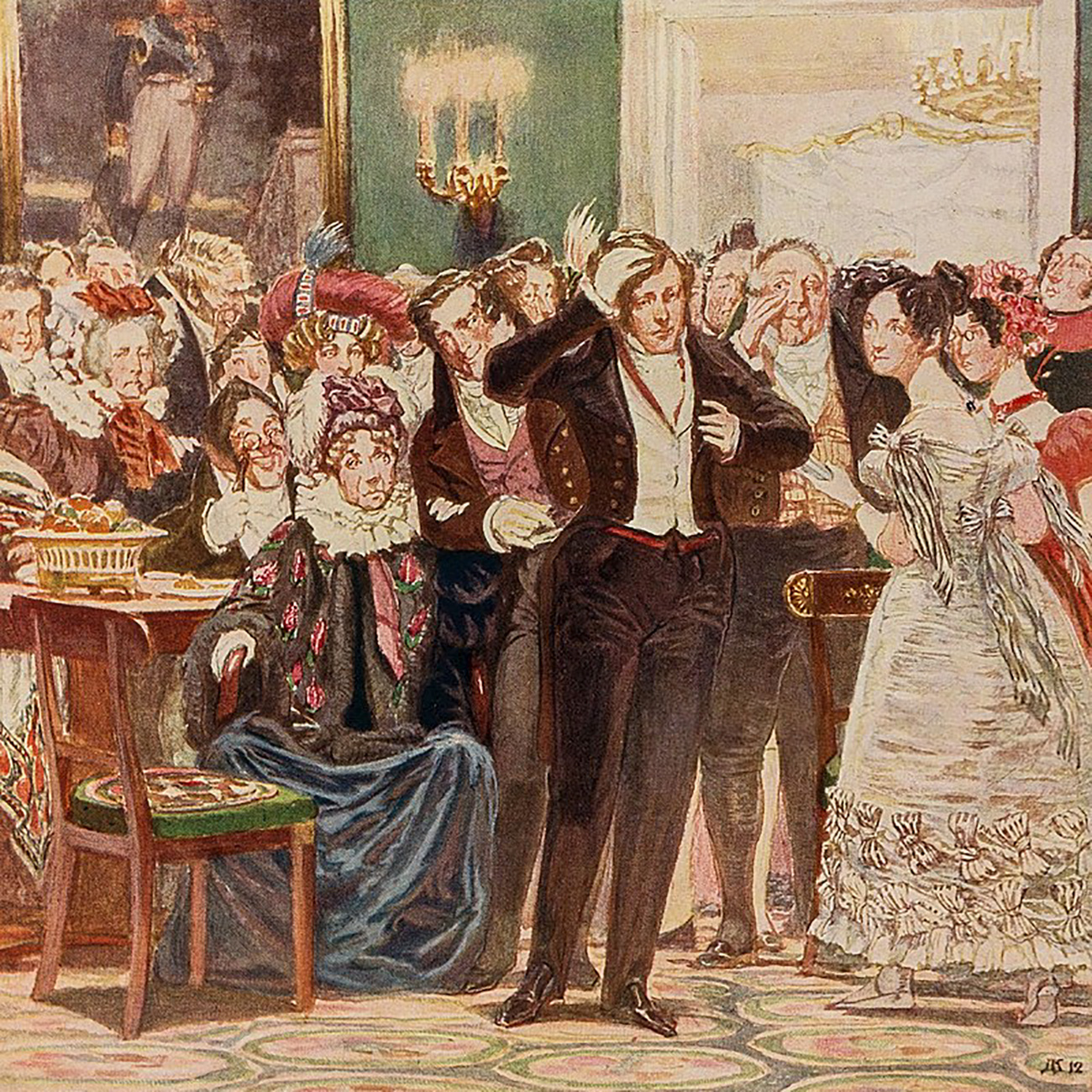
Alexander Pushkin, ‘Eugene Onegin’
This is a novel in verse about Russian nobility of the first quarter of the 19th century, focusing on a love affair and a duel.
"The less we love a woman, the easier it is for her to like us." – These days, people would say that this is a manipulator's tactic.
"Whoever lived and thought cannot help but despise people in his soul." – This phrase is a typical excuse for a sociophobe.
"But, I am given to another; I will be faithful to him forever." – women will often quote this when she puts her duty to her husband above her feelings for her admirer.
"Habit is given to us from above: it is a substitute for happiness." – In another text, the classic writer formulated it this way: "There is no happiness in the world, but there is peace and freedom."
"They came together. Wave and stone, poetry and prose, ice and fire." – This phrase is used to point out opposites who, despite their contradictions, become close friends or even spouses.
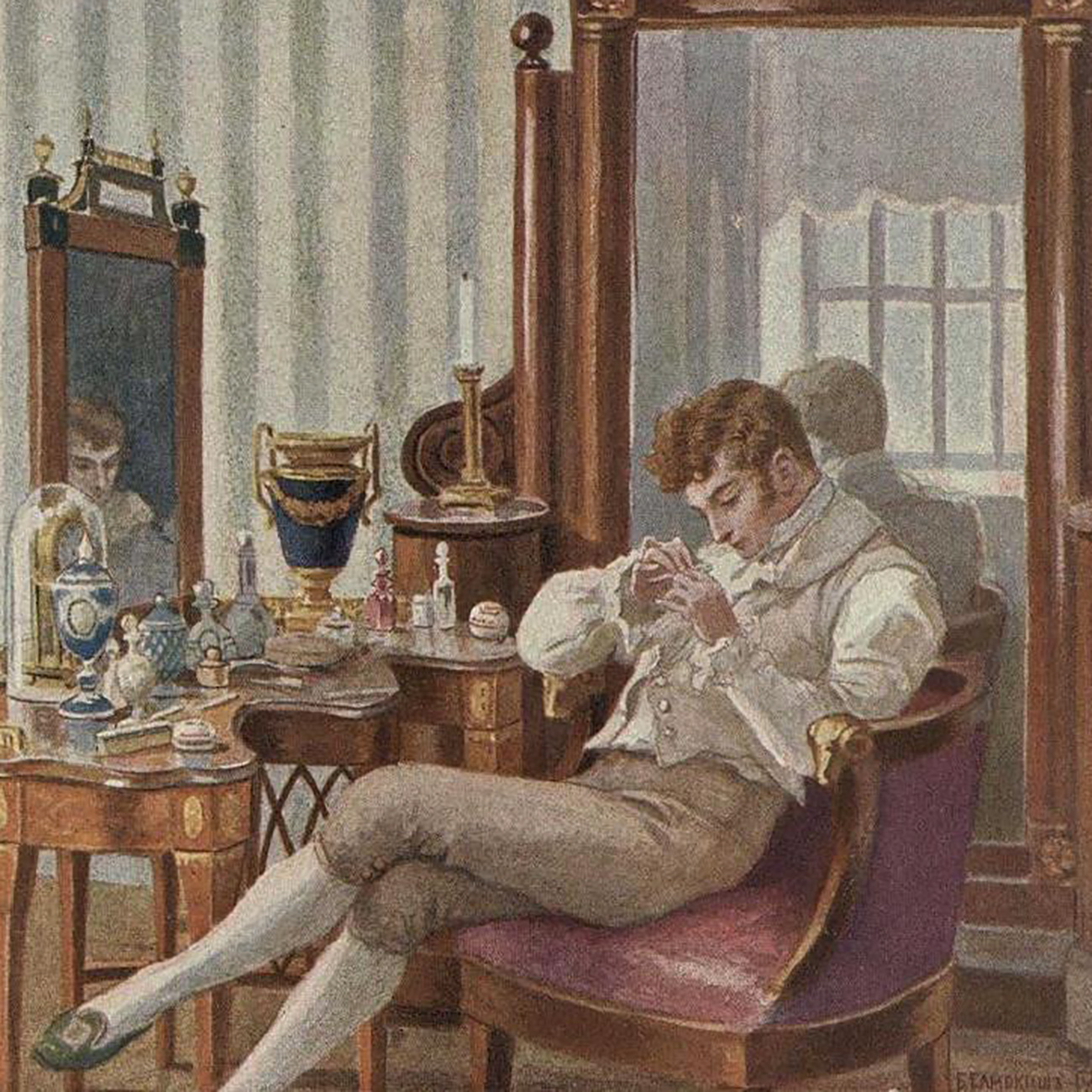
Ilya Ilf and Evgeny Petrov, ‘12 Chairs’
This is a novel about several swindlers in Soviet Russia in the 1920s chasing diamonds hidden in one of twelve chairs.
"I will command the parade!" – This sentence is usually quoted by someone who has appointed themselves leader of something.
"The ice has broken, gentlemen of the jury!" – This quote is popular when a case has moved from dead center.
"The young one was no longer young." – This is said about a bride who gets married at a mature age.
"Don't tell me how to live, better help me financially." – This line is often quoted when you want someone to give you money silently.
"A car, comrades, is not a luxury, but a means of transportation." – This is a common phrase about the fact that living without a car is actually quite inconvenient.
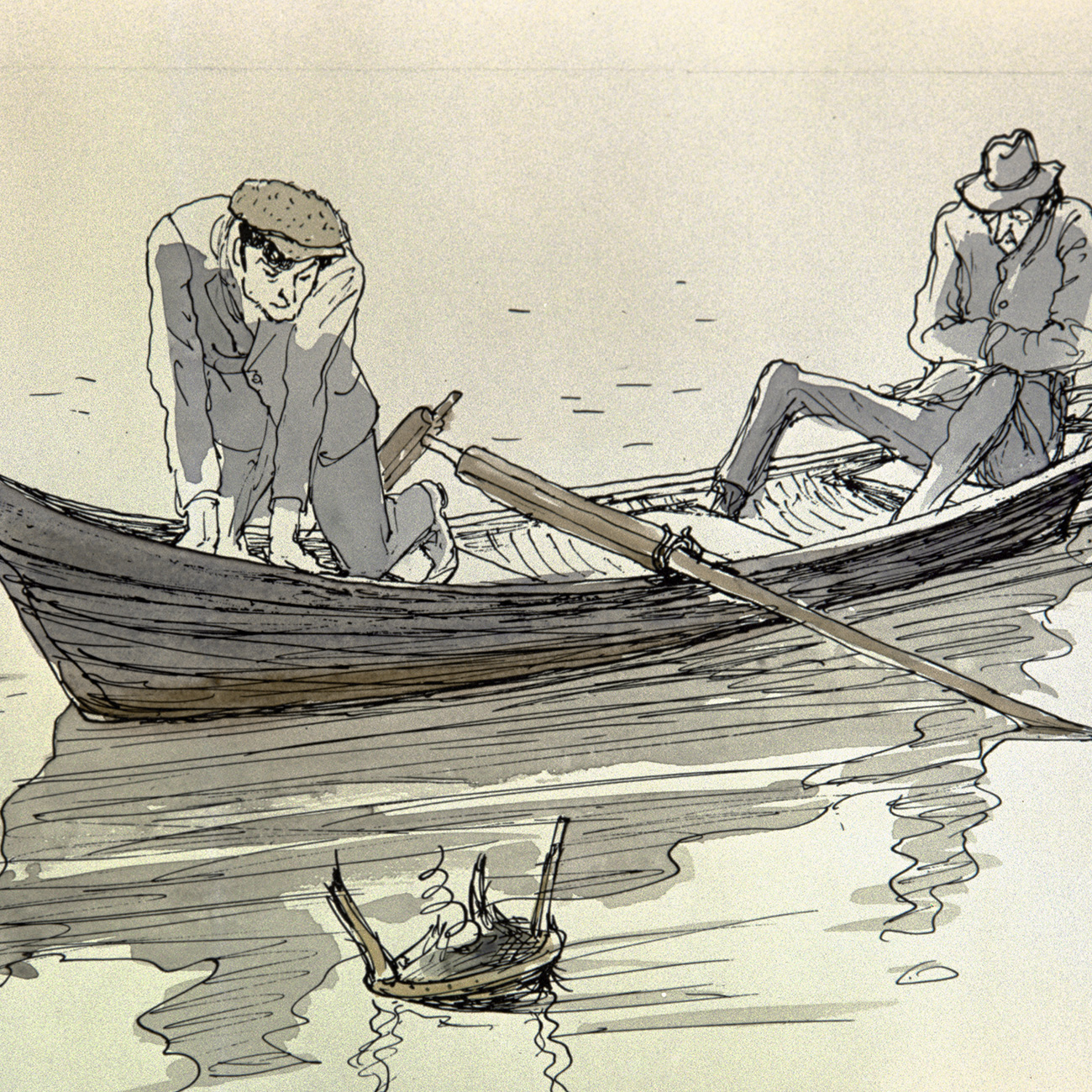
Mikhail Bulgakov, ‘The Master and Margarita’
Moscow is visited by Satan and his retinue in the 1930s, where he throws a ball and, at the same time, helps a couple in love to stay together… forever.
‘Manuscripts don't burn!’ – In a figurative sense: nothing disappears without a trace.
"There is only one freshness – the first, it is also the last. And, if the sturgeon is of the second freshness, it means that it is rotten!" – This lengthy sentence is quoted when someone would like to be able to buy a fresh product.
"Never ask for anything! Especially from those who are stronger than you. They will offer it themselves and give everything themselves!" – another of the more lengthy quotes, this one about the fact that pride is not as inconvenient as it may seem.
"A fact is the most stubborn thing in the world." – A popular line that’s quite self explanatory.
"Telling the truth is easy and pleasant!" – Another self-explanatory sentence, in the sense that it is difficult and not pleasant for anyone.
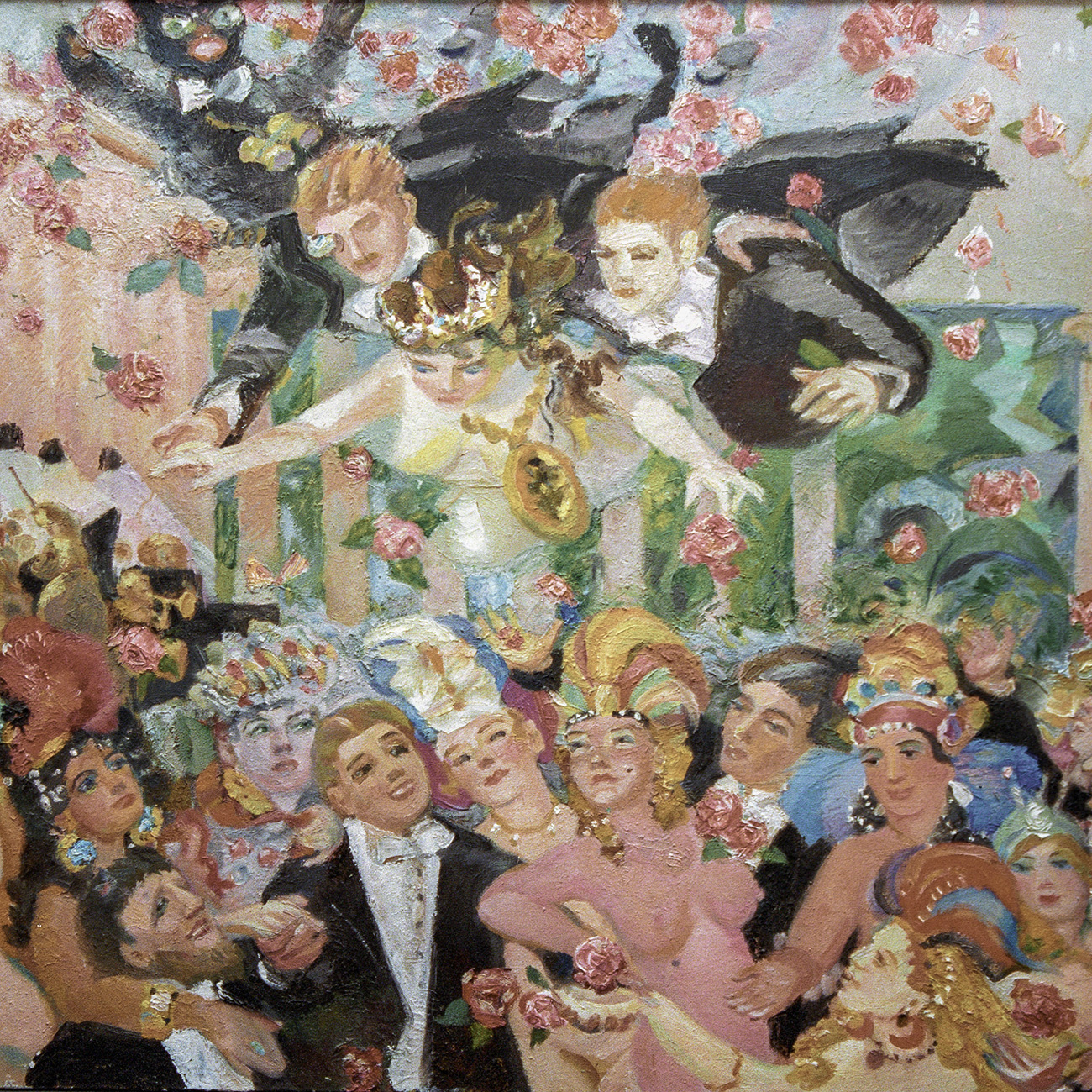
Ivan Krylov's Fables
"Vaska listens and eats." – Used when someone listens to advice, but continues to do as before.
"The strong always blame the weak." – A relevant line in the era of post-truth.
"An obliging fool is more dangerous than an enemy." – This line essentially highlights the fact that even helping should be done wisely.
"The cuckoo praises the rooster for praising the cuckoo." – This is a popular quote about mutual responsibility.
"I didn't even notice the elephant!" – when someone does not notice the obvious.
